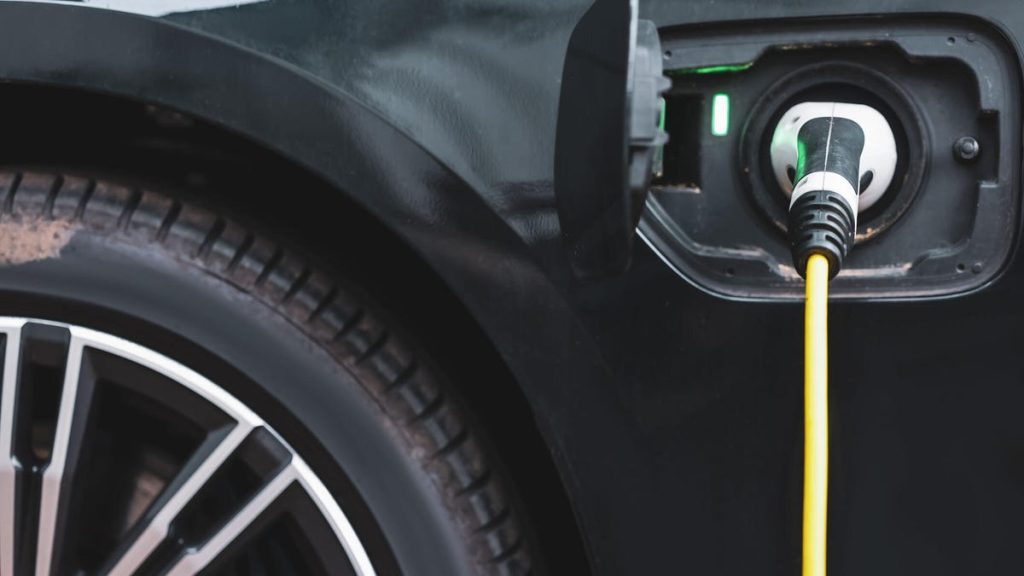Bringing home your first electric vehicle can be an exciting experience, but it also comes with the challenge of figuring out where and how to charge it. Installing your own EV charger at home requires careful consideration of the type of vehicle you have, the charger you want, and how quickly you need to recharge. The options range from a simple Level 1 charger that plugs into a standard outlet to a faster Level 2 charger that offers about 25 miles of range per hour of charging. The decision on which charger to get depends on your daily driving needs and the type of vehicle you have.
If you opt for a Level 1 charger, you can likely install it yourself without the help of an electrician by simply purchasing the correct charging cord for your vehicle and plugging it into a wall outlet. However, for a Level 2 charger, it is recommended to hire a professional electrician for installation, especially if you do not already have a 240-volt outlet in your garage. Hiring an electrician ensures that the installation is done safely and efficiently, giving you peace of mind when charging your EV at home.
The process of getting an EV charger installed involves contacting electricians to provide free installation estimates, assessing your electrical panel to determine the available electricity for charging, and deciding on the type and location of the charger. The distance of the charger from the electrical panel can impact the installation cost, as a longer distance may require more materials and labor. Once you have chosen the right charger for your home and location, you can proceed with the installation process with the help of an electrician.
The cost of installing an EV charger varies depending on the type of charger purchased and the electrician hired for installation. On average, electricians charge around $100 per hour for labor, with installation taking approximately 3 to 4 hours. This means you should budget around $400 for the installation, in addition to the cost of the Level 2 charging device, which typically ranges from $400 to $600. In some cases, upgrading the electrical panel may be necessary before installing the charger, which can cost a few thousand dollars. It is advisable to have an electrician provide an estimate before purchasing an EV to understand the full installation costs involved.
Overall, installing an EV charger at home requires careful planning and consideration of various factors such as daily driving habits, available electrical infrastructure, and installation costs. By choosing the right charger for your needs and hiring a qualified electrician for installation, you can ensure a smooth and efficient charging experience for your electric vehicle. Prior consultation with an electrician can prevent unexpected costs and delays in the installation process, allowing you to enjoy the benefits of owning an electric vehicle with ease.












